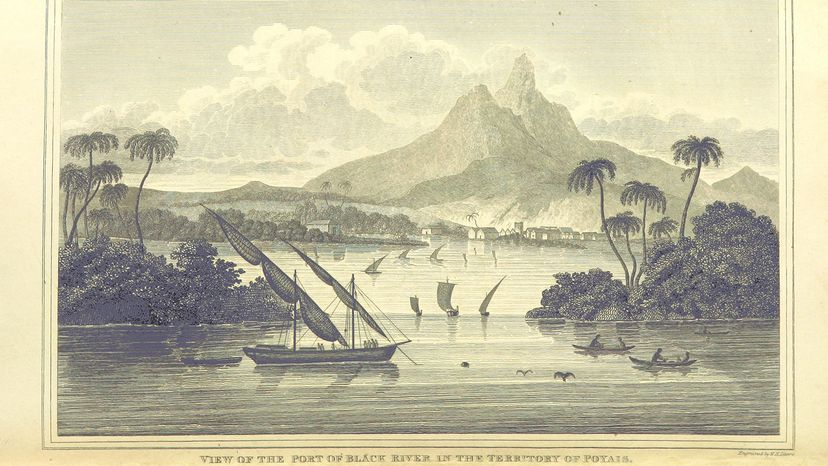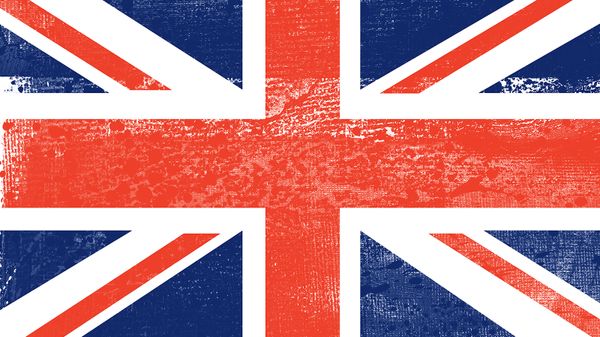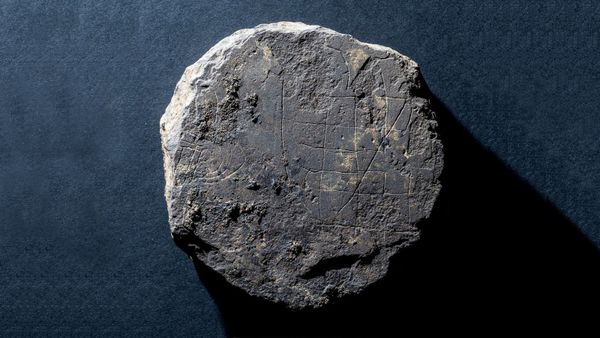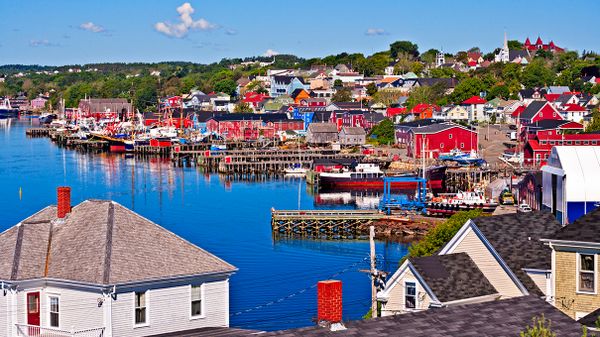
Many Londoners in the 1820s were exhausted and impoverished after the recent Napoleonic Wars that had ravaged Europe. They were eager for some hope and good news. So when Scotsman Gregor MacGregor arrived in town, claiming to be His Serene Highness Gregor the First, Sovereign Prince of the State of Poyais and its Dependencies, and Cacique of the Poyer Nation, they fell for his engaging tales of the far-off land. Throngs of citizens invested in the kingdom and even attempted to move there, becoming victims of one of the world's greatest swindlers.
MacGregor's story is the subject of a recent episode of Ridiculous History, a podcast produced by HowStuffWorks.com and co-hosted by Noel Brown and Ben Bowlin. His intriguing tale begins in 1811, when MacGregor decided to sail to South America and fight under Simon Bolivar in the Venezuelan War of Independence against Spain. Impressed with MacGregor's solid military background in the Royal Navy, Bolivar granted him a commission. The personable, daring MacGregor did well in many battles and quickly rose through the ranks.
Advertisement
When the Spaniards were largely vanquished, MacGregor moved to various spots in the region to tussle with other European outposts. In 1820, he landed on the Mosquito Coast, an area that today incorporates the eastern coast of Nicaragua and a little of southern Honduras. Named after the native Miskito people who drifted in and out of the region, it was little more than a swampy, pest-filled jungle. After plying landowner King Frederic Augustus with booze, MacGregor persuaded Augustus to sign over the forlorn acreage to him. Then he sailed for London to start his scheme.
MacGregor told Londoners and his fellow Scots that King Augustus had dubbed him Prince of Poyais and granted him 12,500 square miles (3.23 square meters) of beautiful land in the Bay of Honduras. Full of gold mines, rare fruits, sparkling water and fertile soil, the land simply needed settlers. Partnering with other hucksters, he opened offices for the Poyaisian Legation to Britain in London and land offices in Glasgow, Stirling and Edinburgh to sell acreage. MacGregor swapped fake Poyain money he'd printed for interested settlers' real currency.
He even proffered the book "Sketch of the Mosquito Shore, including the Territory of Poyais" as proof of Poyais' existence. The book similarly described a land not only rich in resources, but also possessing a civil service, bank, army and democratic government. But MacGregor had actually published the book himself, using the pen name Captain Thomas Strangeways.
Hundreds of people, both rich and poor, bought his story and invested in the land. Soon MacGregor was a multimillionaire by today's standards. Then, strangely, MacGregor chartered boats to take people to their new home.
In 1822, some 240 people — many older — set out for Poyais in two ships. When they arrived, they obviously did not find the paradise MacGregor had described. Instead, they found an empty, inhospitable, buggy land. Malaria and yellow fever soon swept through the group, killing three-quarters of them. Eventually, 50 people made their way back to London, where MacGregor was exposed as a fraud. But by then, he had snuck away to France.
The French were as easily swept away by the concept of Poyais as the Brits and Scots. But French authorities grew suspicious, and MacGregor landed in jail — in France, and later in England. Incredibly, authorities in both countries released him after short stays.
In 1839, penniless and friendless, Gregor MacGregor moved back to Venezuela, where he persuaded authorities to grant him a pension for his years of service as a general in the Venezuelan War of Independence. He died on December 4, 1845, at the age of 59. Today, Poyais remains undeveloped.
Advertisement


